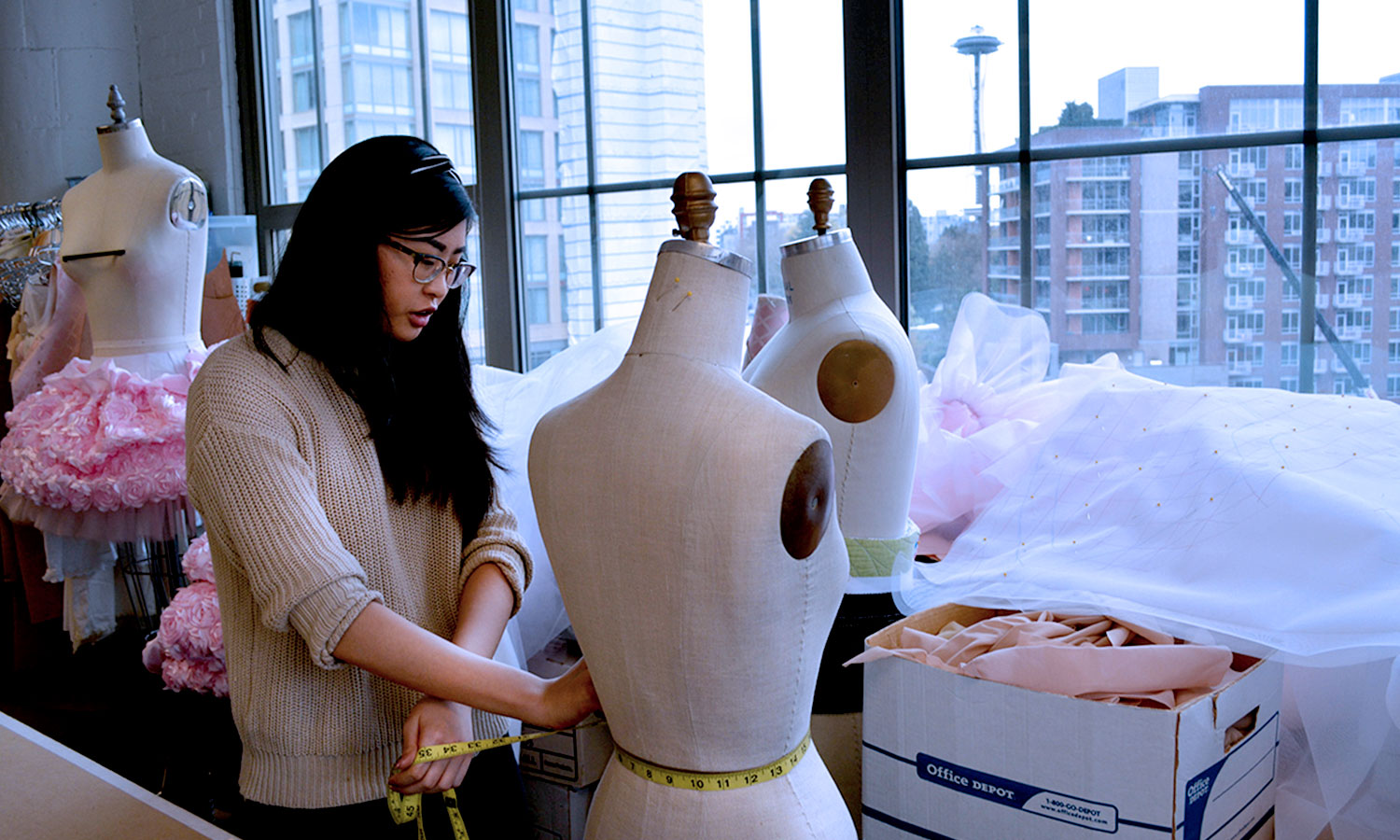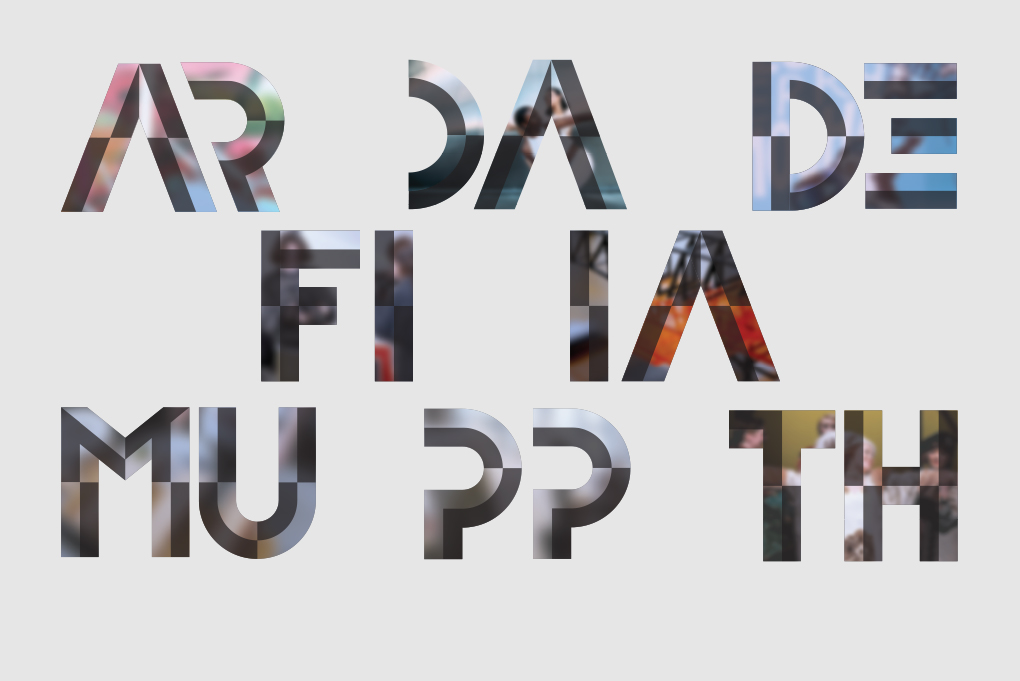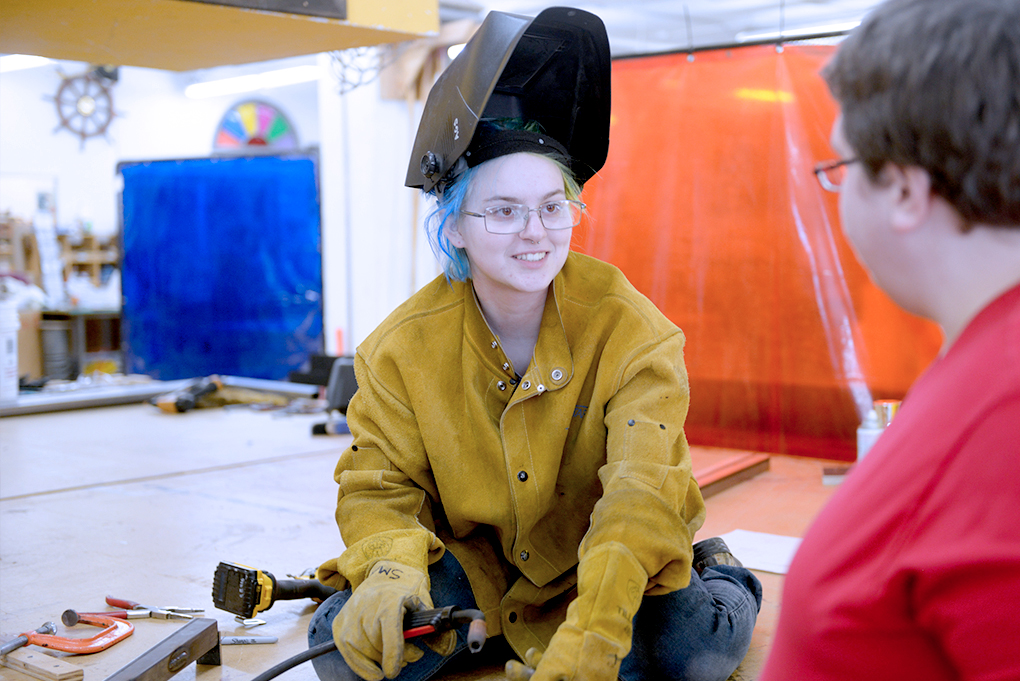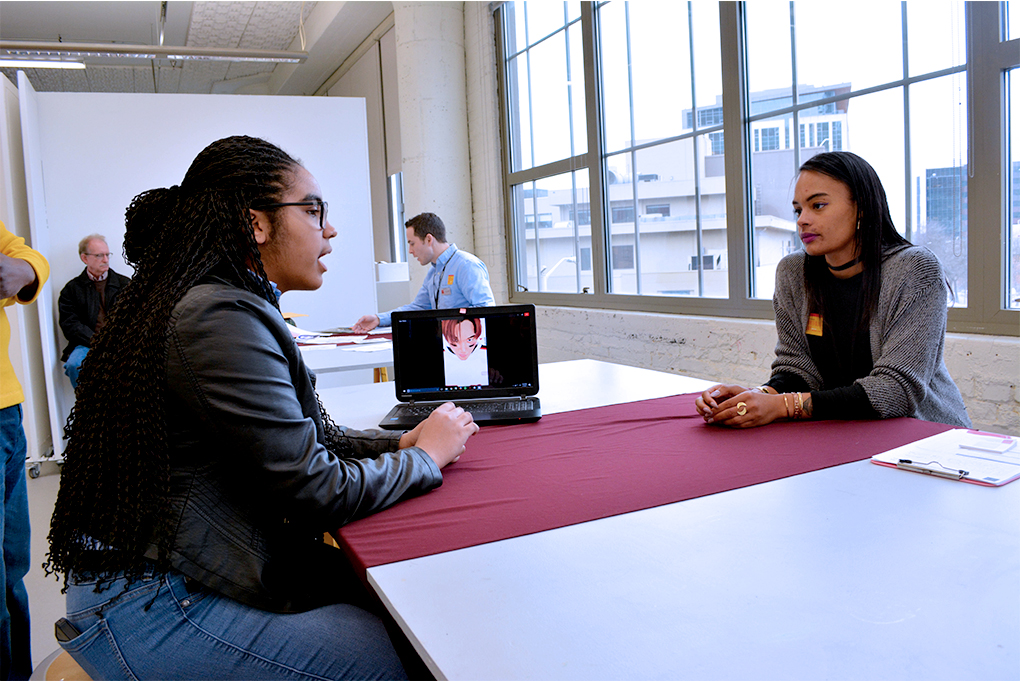Performance Production

Portfolio Process
Our portfolio process includes submitting a portfolio focusing on your interested concentration and an interview with the chair of Performance Production.
You will submit a portfolio for one of four concentrations:
Costume Design
Lighting Design
Scene Design
Stage Management
Our Application for Admission when you are ready.
For questions or concerns, or to set up an interview with Performance Production, please email Albert Rubio.
Portfolio Requirements and Guidelines
Costume Design
Please include work you’ve done with fabrics or clothing. This can include pattern work, completed garments, work in progress, or sketches and design drawings for costumes, street clothing, or accessories.
Lighting Design
Please include work you’ve done with lighting, either on stage or in other environments. This may include light plots, lighting paper work like dimmer hook-up sheets or instrument schedules, and photos or slides of shows on which you’ve worked. Any other lighting or electric-related experience you may have should be communicated either by photos, written description, or drawing / sketching / drafting.
Scenic Design
Please include work you’ve done in scene painting or in designing scenery for productions (or for classroom projects). Work that shows your understanding of or work with three-dimensional space is of special value.
Stage Management
Please include work that shows your experience with Stage Management, including prompt books from the productions you have recently worked (usually one good prompt book is enough). Also important are photos of the productions they have worked to help us see the scale of the show. Stage Management is probably the most difficult of all the concentrations to document, and the biggest thing we look for is evidence of organizational skills. Lists you’ve made for a show (or for a project other than a show), calendars, checklists, sign-up sheets, scene breakdowns, contact sheets-all of these can be good things to show. If you don’t have much to show, don’t panic. We understand how difficult it is to document your work in stage management.


